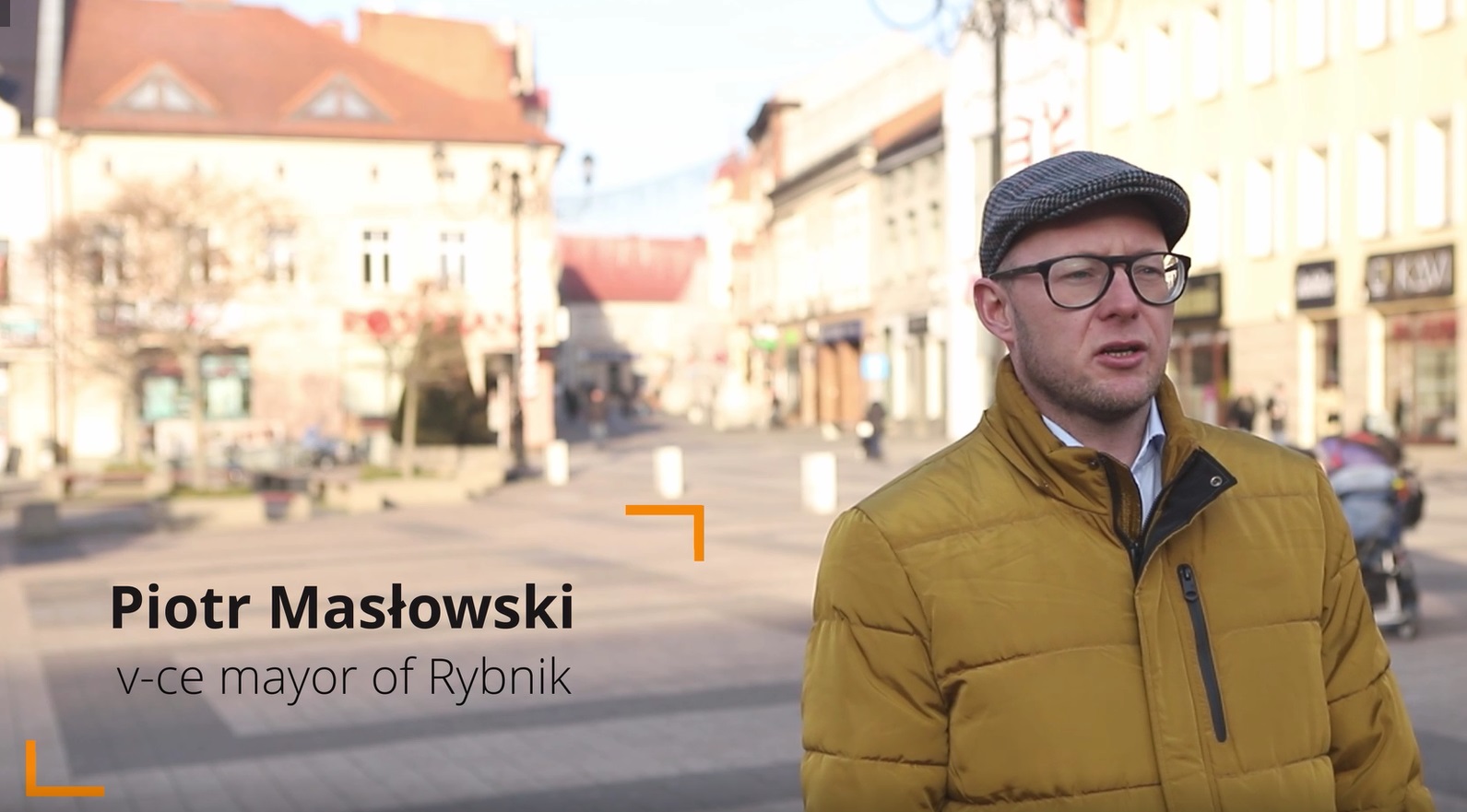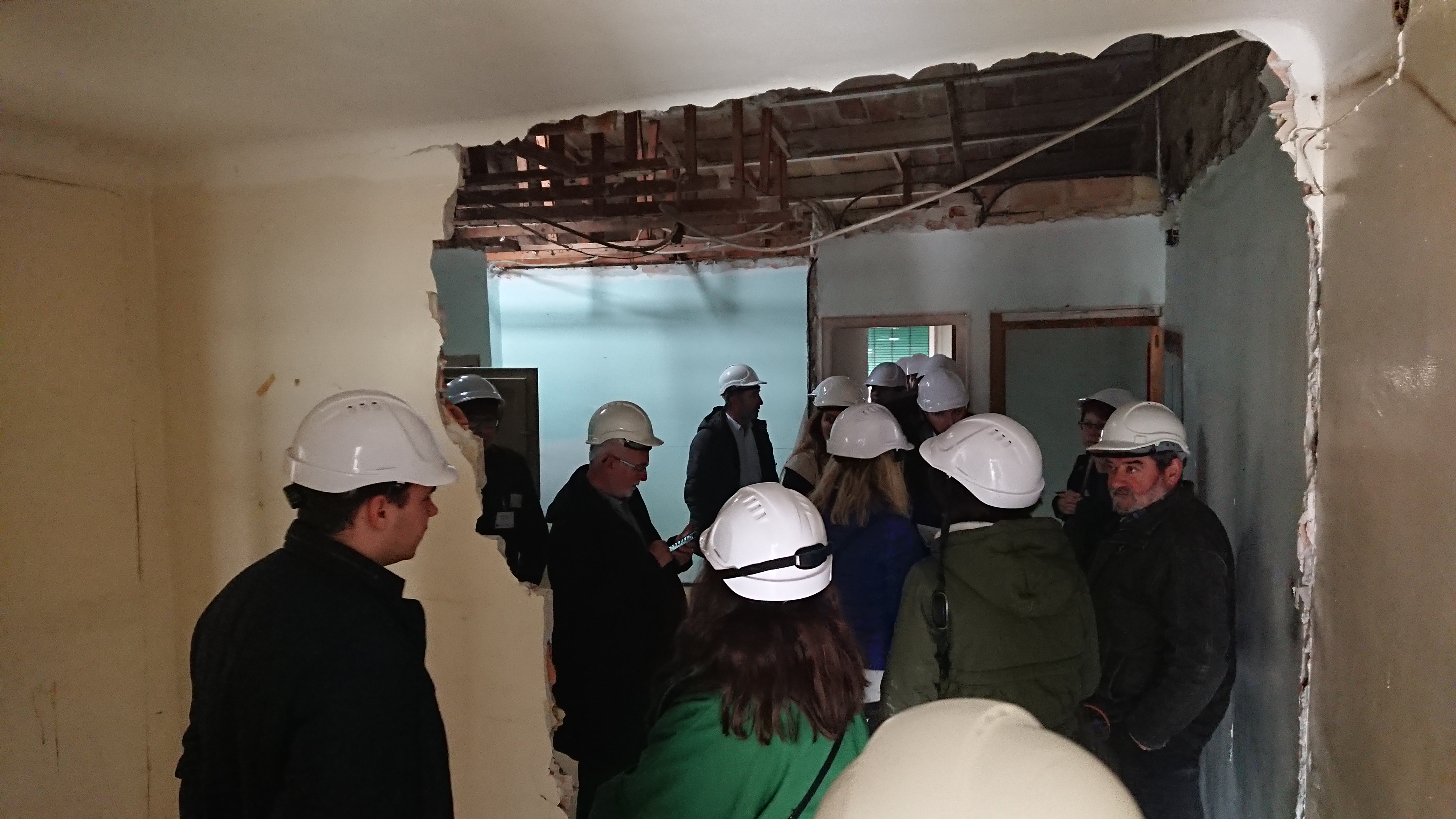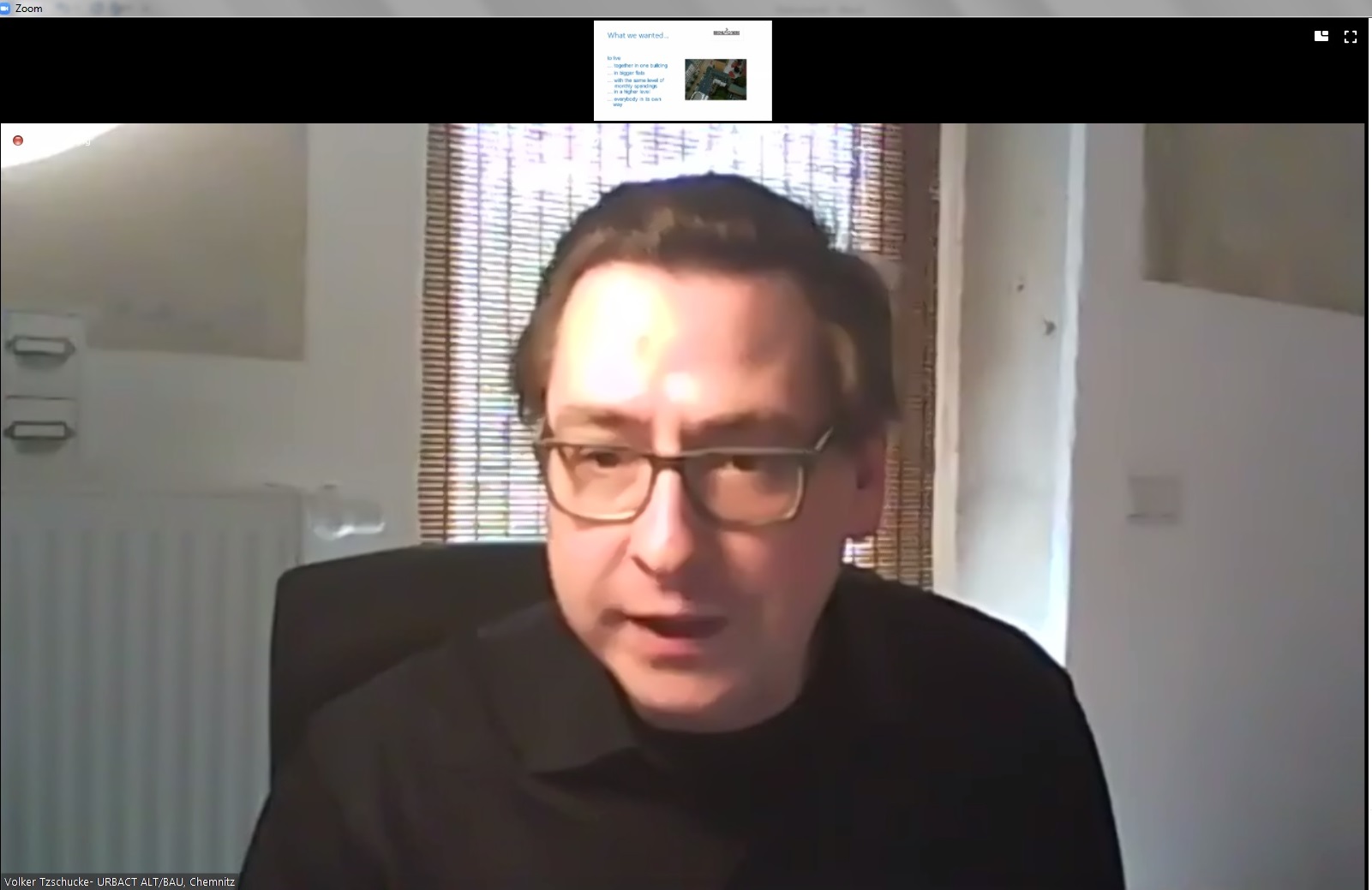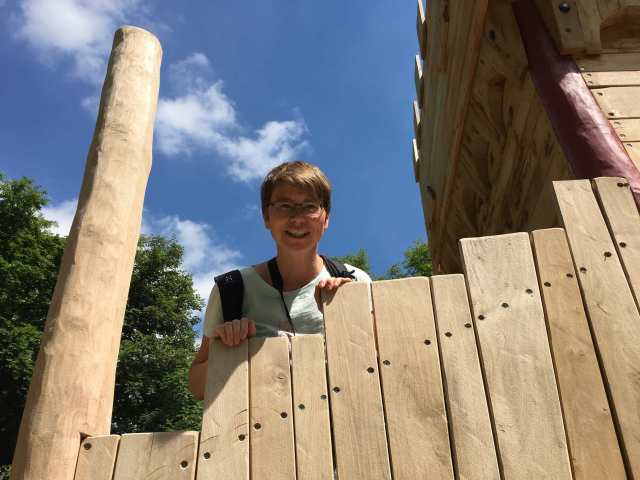Battling residential emergencies
Edited on
16 June 2021“Housing is healthcare”. This sentence popped up in a recent discussion around the Corona mitigation efforts that cities are undertaking to strengthen the livelihoods and well-being of their citizens during and after the pandemic. This notion of housing as a physical and psychological setting for both hardship and relief is opening our view again to the significance that housing has for our local communities.

In this context, ALT/BAU’s reactivation of vacant and dilapidated housing stock is not a stand-alone topic. When discussing this challenge that many European cities face, local and national policy challenges, cultural ideas and personal connotations are lingering in the background ready to be brought to the surface. And this has happened in the course of the network, both on the network level through the exchange between the partners, but also in the discussion among the URBACT Local Groups. The transfer diary entries testify of the passionate search for the right approach and strategy.
In Rybnik
Piotr Masłowski, vice mayor of the City of Rybnik used the ALT/BAU initiative in his online media channels and press comments to put his finger on dynamics of the real estate markets that only recently started to emerge also in smaller Polish cities: “On the one hand, people are complaining about the lack of housing or that prices are too high. On the other hand, there are more and more empty flats in tenement buildings in inner cities, but also empty houses in the suburbs.” He opens the discussion of how people can be encouraged to move back into the inner cities, preserving and developing their intrinsic qualities. And how the operating costs of the centres in terms of public amenities, mobility and heritage can be sustained. Yes, housing is also a political battlefield.

Piotr Maslowski during a Vox Pop
In Vilafranca del Penedès
Changing scenes to Vilafranca del Penedès. With the URBACT Good Practice Award for its initiative “From Empty Housing to Social Inclusion”, the city could have settled down to enjoy its well-deserved laurels. Yet, previous crises have shown that social rights, accessibility and efficiency cannot be taken for granted. As Strategic Projects Coordinator Josep Mª Martí Ràfols put it in light of the pandemic and climate change: “The lack of affordable housing has now become a real residential emergency.”


The first thematic meeting of the ALT/BAU Network in Vilafranca, site visit to a project of social housing.
Business as usual won’t be enough to cope with the rising demand of rental dwellings, increasing ancillary housing costs or the imminent emptiness of commercial ground floors. Fresh ideas were picked up – from Chemnitz’s management approach to Riga’s temporary uses and even urban farming. Yes, not settling with a status quo is a social battlefield.
In Chemnitz
For Chemnitz as the European Capital of Culture 2025, gentrification as seen in European metropolitan areas is only a theoretical question. With more than 20,000 empty flats, the challenge is more how to give meaning to these abundant spaces. How to capitalize it for uses that take the city forward, that secure housing at timely standards and can serve as a testing ground for the way we want live in the future. In this light, the proposed initiative “Chemnitzer’s invest in Chemnitz”, which started to take shape in the Lead Partner’s URBACT Local Group, seeks to remind citizens of their responsibility for the physical qualities of the city. Yes, calling for this local self-efficacy is a cultural battlefield.
Bottom line
These discussions happen. They must happen and they must be led. But not as discussions as ends to themselves; change must happen and cities must be equipped to be able to build structures and cohesion that is as resilient as possible to crises as Europe has been facing in 2020-21. Because change will come to the cities – the question is how we deal with them.
URBACT has helped to channel the network partners’ thoughts and contextualise them through exchange and discussion formats such as the UIA and URBACT webinar series “Cities engaging in the right to housing” in 2020 which explored how cities can design housing policies and practical solutions to implement the right to housing. Cutting-edge examples such as the cooperative co-housing initiative “Brühlpioniere” from Chemnitz and Riga’s monitoring platform grausti.riga.lv in combination with strategic taxing against housing decay have set marks on how informal initiatives and formal procedures contribute to just and sustainable housing policy.


During two UIA/URBACT webinars. Volker Tzschucke on "affordable housing" and Villiams Vrobļevskis on "Housing Fair Finance".
Also, ALT/BAU was part of “The forgotten places” session at the URBACT City Festival 2021 questioning how to rebuild a sense of belonging after the current health and dawning debt crises. Therein, ALT/BAU showed strategies and practices of how to think further in fields where local authorities usually do not engage in areas or issues that go under the radar and which are not in their direct ownership. Like in Turin, where Torino Urban Lab actively started to engage in drawing together initiatives in the city and helping to coordinate public and private interventions to approach an inherent void in the management of housing in the city.


The session was about citizen participation and how it can be used and initiated in the revitalization of forgotten places. Giulietta Fassino from Urban Lab Torino reported for ALT/BAU.
Encouragement
From the ALT/BAU perspective we can only say:
Get started! Pilot actions! Join forces! Political, social and cultural battlefields are best won by claiming stakes. URBACT can help. But after all, it is up to you to bring life to your Building Activation Units, to your forgotten buildings, and to your city.

written by Martin Neubert
Project Coordinator of the ALT/BAU Transfer Network
 Submitted by sabine.hausmann on
Submitted by sabine.hausmann on
